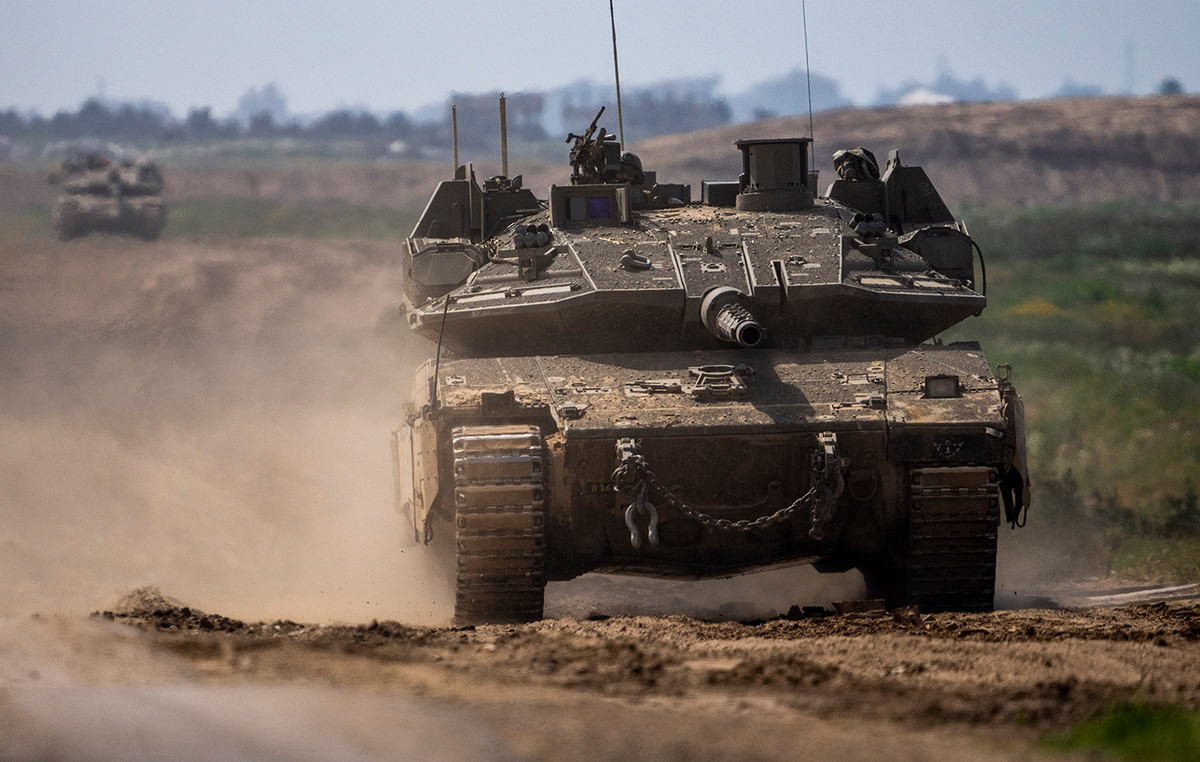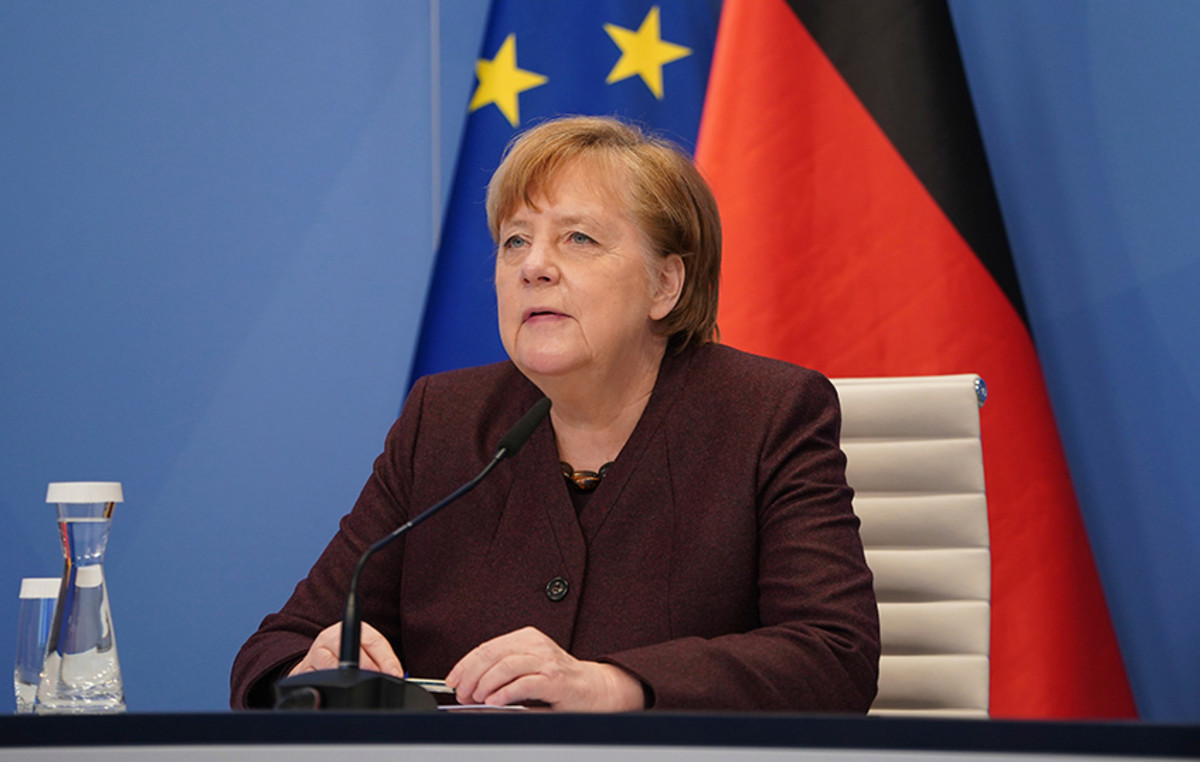The sanctions taken by the countries to make the use of the international reserves of the Central Bank of Russia unfeasible surprised economic analysts around the world.
The blocking of operations by Russian banks in the swift system was already expected, but the suffocation of the financial system in the country ruled by Vladimir Putin is an unprecedented measure with still incalculable effects.
This Tuesday (1), the world saw more surprises. The biggest global companies, in different sectors, were announcing, one by one, the decision to sever relations, business and operations with Russia. An escalation of pressure with penalties also never seen before.
“This decision is unbelievable. I’ve never seen anything like it and what stands out is that they are decentralized actions, universally, all doing it on their own, assuming the risks and costs. This is all a major knot for the Russian economy, a stifling operation,” he said. to CNN economist José Roberto Mendonça de Barros, from MB Associados.
The first effect of this set of actions is the surge in commodity prices, as we are seeing.
WTI oil was the highlight, rising by 10% and surpassing $100 a barrel for the first time since 2014. Brent oil, a global benchmark and Petrobrasrose more than 8% on Tuesday (1), quoted above $105 dollars.
The International Energy Agency has decided to release part of its emergency reserves to guarantee supplies to Europe and try to hold back prices. The entity acts as a counterpoint to OPEC, which represents the world’s largest producers.
“It’s like an oil OECD,” David Zylbersztajn, former president of the ANP, the sector’s regulatory agency in Brazil, told the column.
“Right now, everything that is said about what will happen to oil prices is based on opinion. In this segment, the truth is that everyone, in general, makes mistakes. There is no established forecast model accepted in the market. This is accentuated in moments of instability. The oil scenario is one of prudence and attention — it’s not a stable, comfortable market,” said Zylbersztajn.
At the opening of the international market this Wednesday (2), the prices of both types continued to rise. The price of WTI was approaching $110 dollars, Brent, passing the mark in the early hours of the day.
“The price of oil today is totally biased towards the geopolitical issue. Every time there is more doubt about the war’s longevity and consequences, prices are exploding. Oil is still the world’s main commodity and has the power to drive all others behind it, up and down. This will turn into huge inflation”, alarmed Adriano Pires, president of the Brazilian Infrastructure Center.
international trade
Among the sanctions of private companies against Russia, the adhesion of those responsible for maritime transport in the world raised many yellow flags about the impact on international trade.
In addition to the price of commodities — which causes freight costs to rise — the global economy is at risk of facing a standstill. In less than two years of the initial shock caused by the new coronavirus pandemic.
Brazil will feel the impact of the shocks in two ways, for better or for worse. Higher prices increase exporters’ income, but the scenario of instability and uncertainties does not guarantee gains for the country.
“We will all be affected, directly or indirectly. Trade will come to a standstill and we will feel it here too. Countries should start selecting who to sell to to guarantee how to receive,” he said. to CNN the president of the Brazilian Exporters Association, José Augusto de Castro.
“For Brazil, Russia is too small for exports, but we depend on the import of fertilizers. Without them, crop productivity drops a lot. We are going to have to face the war without being in the war, with high product prices and inflation,” she added.
Economist José Roberto Mendonça de Barros adds a caveat that he considers crucial in reading the current scenario. The time, the extent of the war, the escalation of Russia’s response, the suffocation of the Russian economy. Each of these factors can lead to a different outcome.
“It is crucial to make clear which time horizon we are talking about. It is convenient to separate what can happen in the short term. Everything indicates that there is no alternative but the paralysis of international trade”, he evaluated.
In this short term, from a financial or commercial point of view, Russia is suffocated. All these actions happening at the same time provoke shock and responses, including on the moral level, not just business”, he added.
In Mendonça de Barros’ view, Brazilian agribusiness as a whole will be affected, but it is still premature to predict the outcome as the war unfolds.
“Still, even knowing that agribusiness can be impacted, it will be nothing compared to what will happen to the cost of living for Brazilians. We will have an impact on this year’s GDP, on inflation and on the response that will be demanded from the BC. It is a time of a lot of uncertainty,” he said.
Source: CNN Brasil
I am Sophia william, author of World Stock Market. I have a degree in journalism from the University of Missouri and I have worked as a reporter for several news websites. I have a passion for writing and informing people about the latest news and events happening in the world. I strive to be accurate and unbiased in my reporting, and I hope to provide readers with valuable information that they can use to make informed decisions.







